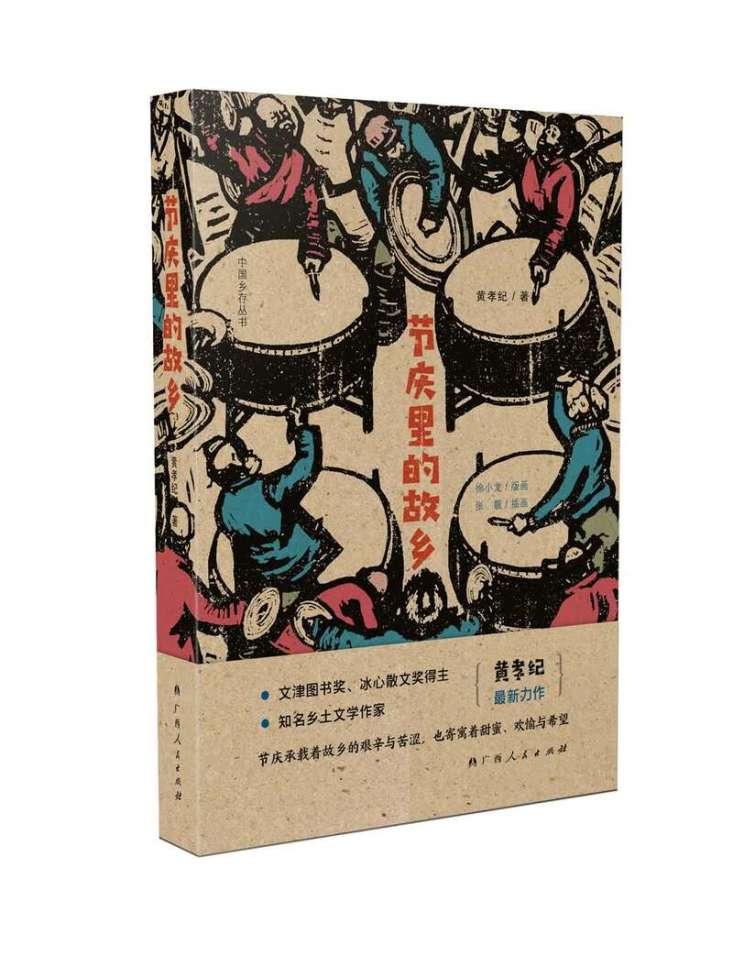
China Youth Daily Client News (Li Yawei, China Youth Daily, China Youth Network reporter Xie Yang) by the Guangxi People's Publishing House Daya brand focused on the creation of the fourth part of the "China Rural Storage Series" "Hometown in the Festival", recently published and listed.
Huang Xiaoji, the author of "Hometown in the Festival", is a well-known writer of local literature and a member of the Chinese Writers Association. In recent years, taking the eight-centimeter village in the Shonan Mountains of his birthplace as a sample, he has written about the social changes in the rural areas of southern China. The "China Rural Preservation Series" focuses on old rural artifacts, diet, agricultural affairs, festivals, etc., aiming to preserve a local memory for an era and establish a legend for the countryside in southern China. The series of books has launched many books such as "Old Artifacts Under the Eaves", "A Village's Food List", "Farming in the Old Garden", and has won many awards such as the Wenjin Book Award and the Bingxin Prose Award, and has been selected into the list of authoritative books in China for many times.
"Hometown in the Festival" is another work by writer Huang Xiaoji that focuses on rural festival customs after the themes of old utensils, food lists, and agricultural affairs. In chronological order, from the first day of the Chinese New Year to the end of the year,Chinese New Year's Eve the book revolves around marriage and funeral, birth, old age, illness and death, and daily ethics, and tells in prose about forty important rural festivals and customs in the spring, summer, autumn and winter seasons of the author's hometown, truly reproducing the joys and sorrows of a traditional farming village and preserving a period of local memory.
In the author's pen, the festival customs of these villages are not only a continuation of traditional farming life, but also reveal the living conditions and attitudes of Chinese, representing an endless Chinese culture.
Source: China Youth Daily client